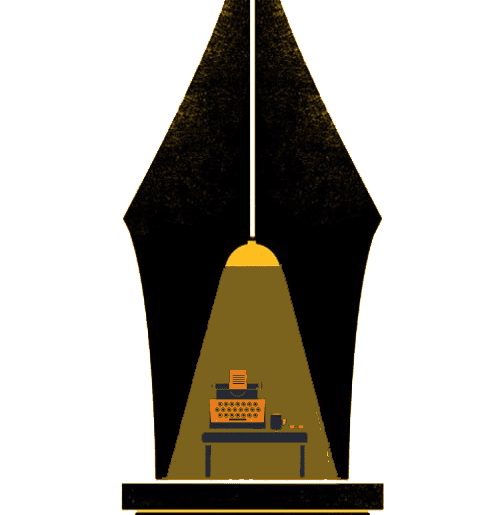Across the world, 10th October is regarded as World Mental Health Day. This write-up is dedicated to those, who ideally should have been the loudest advocates of the institution of awareness about mental health, but are quietly complacent.
“Dear Professor,
I wasn’t feeling my best that week, when you were teaching us about anxiety and the numerous diagnosable disorders that surround it. The week before that, you taught us about depression, and how it affects the mental and physical well being of a human being. Next up, in the listing of the syllabus, was a unit on stress. I thought I could confide in you and speak openly about the hypocritical issues with the way we study. But then I came to the slow and painful realisation, that you too, are a contributor to this system, and through your complacence, encourage it and its toxic mode of operation. I realised, that you too, encourage and actively contribute to the venomous environment, which overburdens students to make them thrive. The same system, which so vehemently goes against the subject you preach and love to teach.”
The discussion around mental health is ambiguous because of the fact that its due importance is not explained to us from an early age. The same can be said for many other avenues in society that exercise significant influence on our lives, but are never explained to us. Subjects like sex education, caste issues, sexism, class issues, patriarchy, and many others that are outside the ambit of this letter, but equally important to discuss. The above mentioned letter is not meant to attack teachers or professors of psychology for committing a cardinal sin. It is to highlight the duplicity and pretence of the arrangement of schooling in status quo, to raise much needed questions about the lack of dissent from the stakeholders in this challenging circumstance, namely the academica—teachers and professors.
Matters that need to be highlighted and brought to the forefront are often hushed because talking about them is inconvenient. This deliberate silence brands these sensitive concerns negatively and discourages any discussion that surrounds them. Breaking the glass ceiling, in this scenario, seems impossible due to the very fact that it is the institution of education that holds the power to build generations, as it has been intended to do since the academic concept originated. In our country, the system of edification has innately transcended into a trap, rather than an open and liberal space which allows one to learn, grow, and facilitate the development of an individual. Well-to-do middle and upper-middle class families have access to resources using which they can attain access to an education that offers insight into global values and meets international standards.
These students are more or less enrolled into a “second school” where they gain knowledge about things that the existing structure fails to teach. But establishments in rural areas (where awareness about such issues is of utmost importance) lack the vocabulary and supplies required to materialise a fruitful teaching about mental health. If you go to a remote village or a small town in a corner of the state you live in, and ask locals to speak about mental health, they would probably deny even the existence of such a phenomenon.
Bhavya Banerjee







